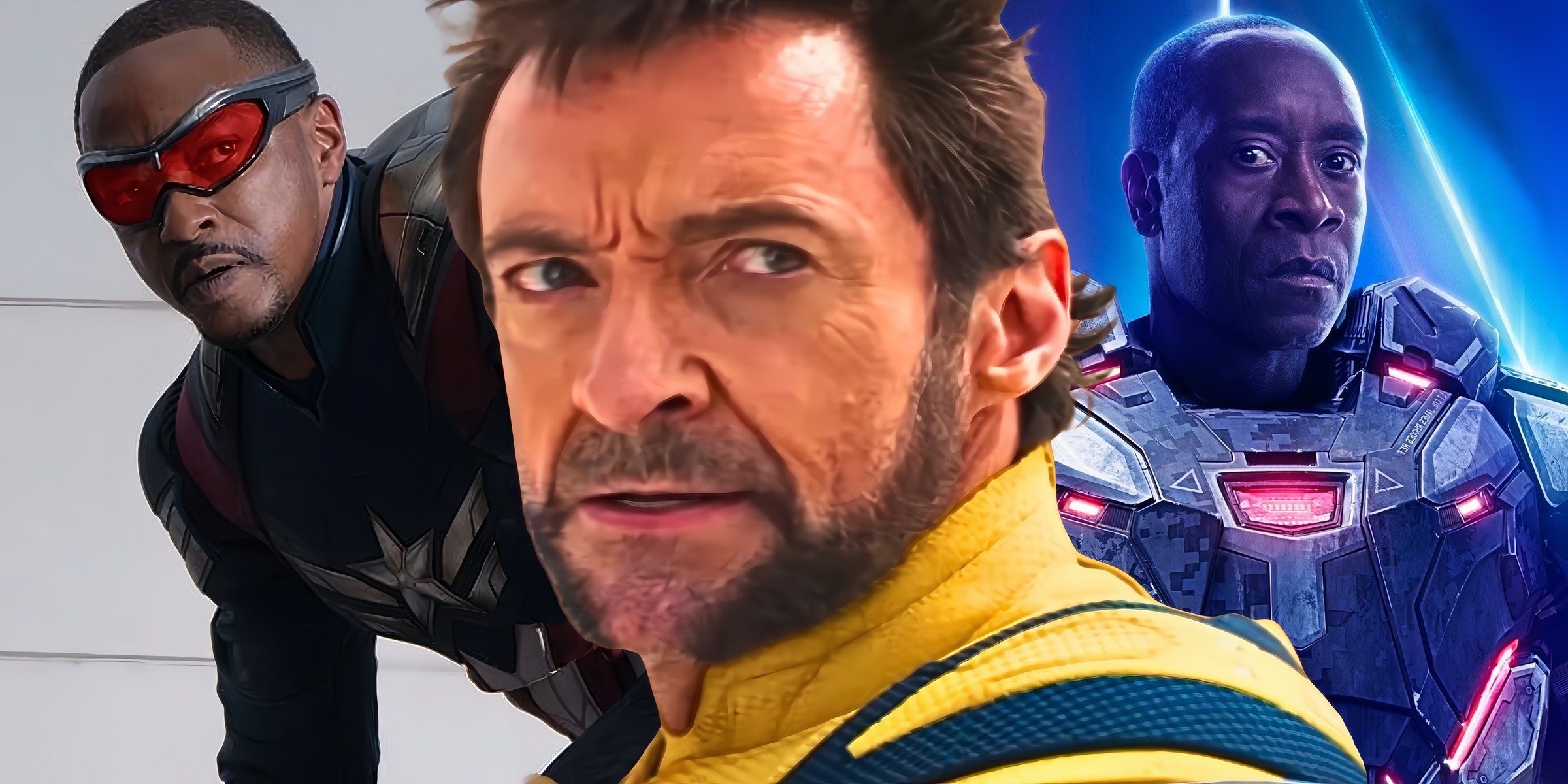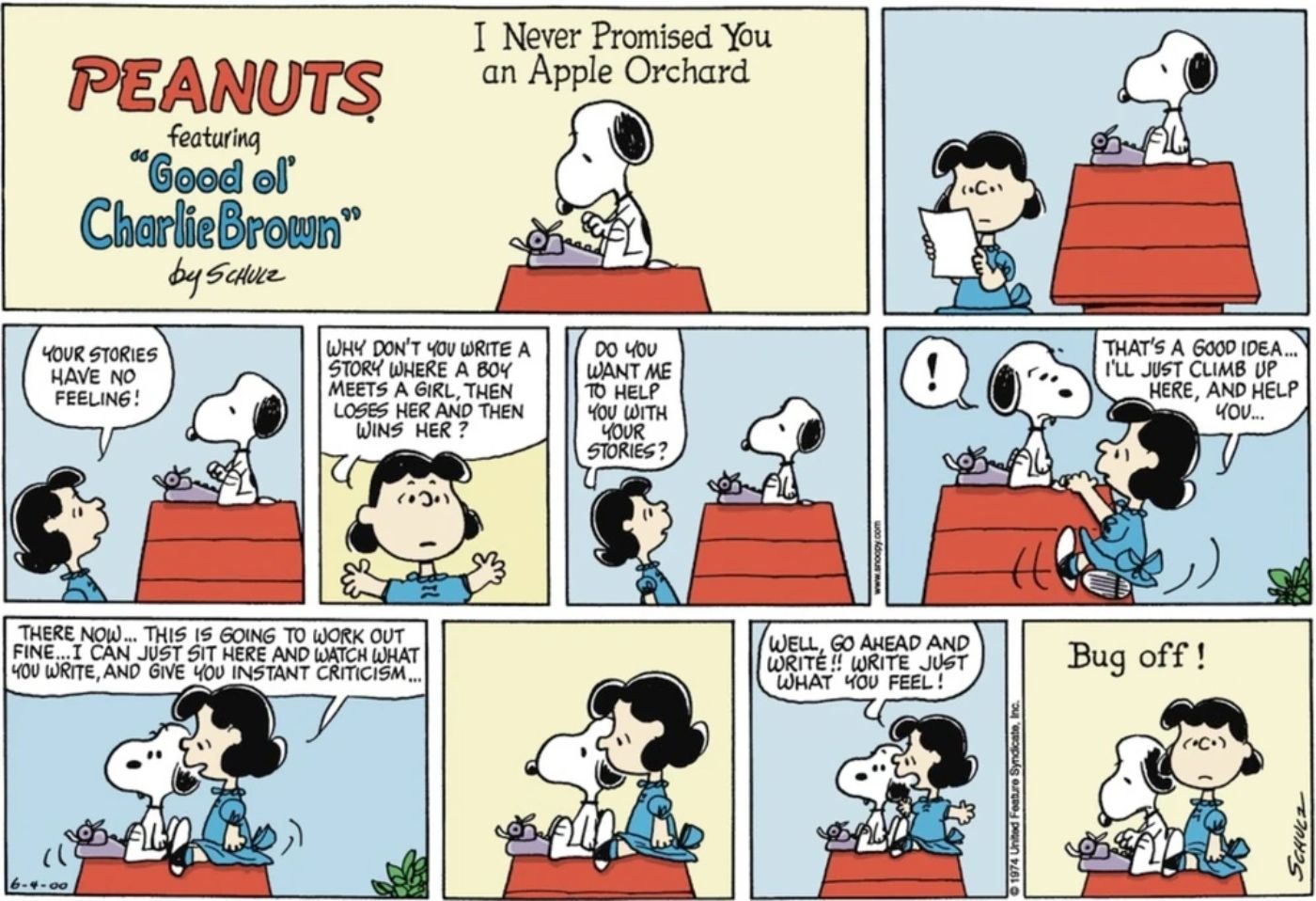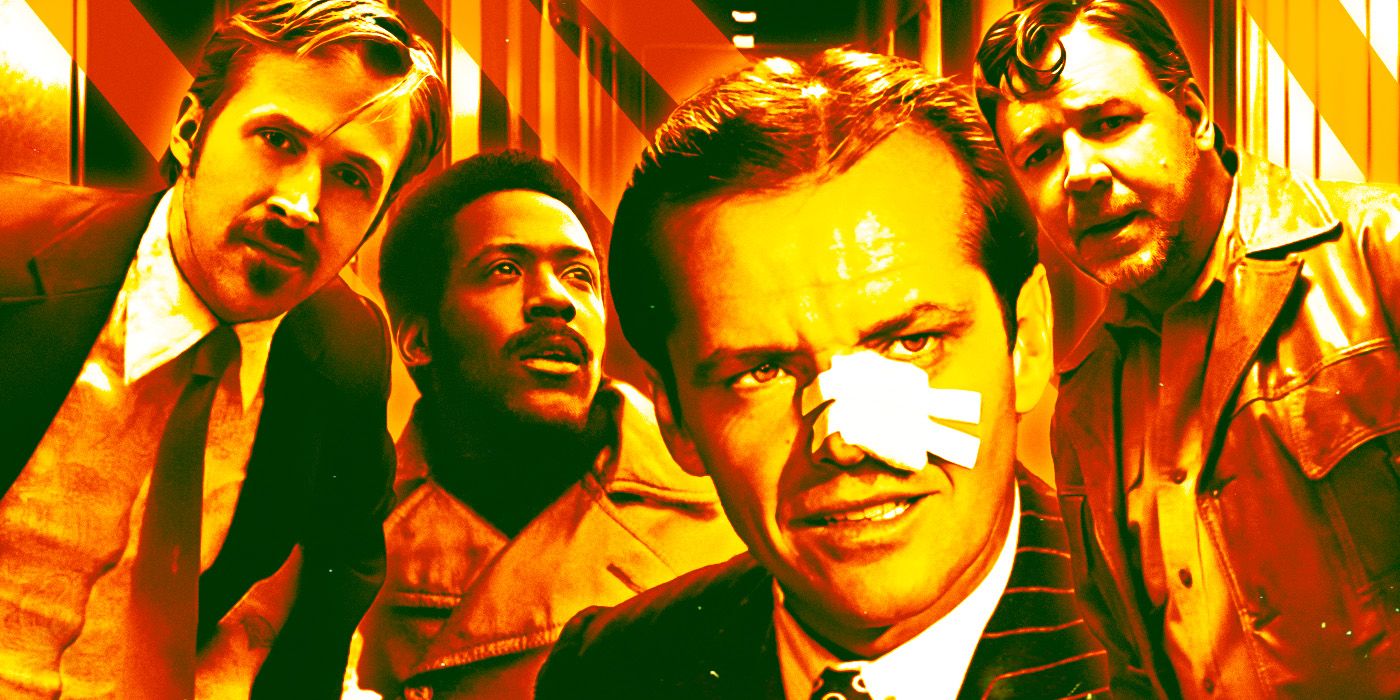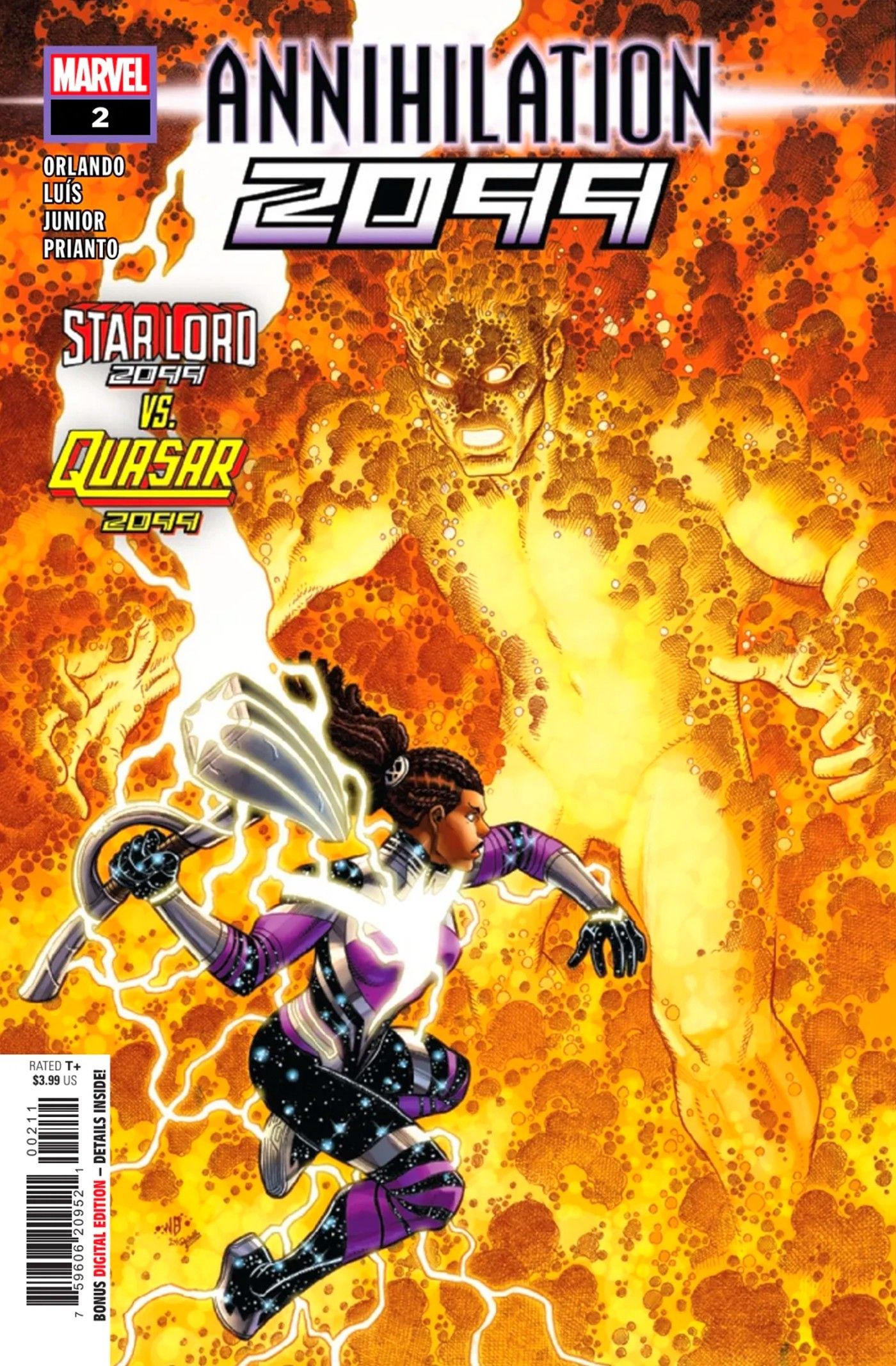Horror never seems to go out of style with audiences and has earned major recognition throughout the years, but as there’s no specific category to honor it at most major awards ceremonies, it’s frequently overlooked despite the immense talent associated with the genre.
The Shape of Water, Get Out, and The Silence of the Lambs all share the spotlight for being horror films who have managed to bridge the divide with critics by snagging Best Picture nominations at the Academy Awards. The Shape of Water and The Silence of the Lambs both actually won, proving that horror films are more than just sleazy, low-budget, and ultra-violent. Even so, a lack of space being created for horror films to fit commonly leads to them being overlooked, despite massive achievements in cinematography, effects, and acting.
There are critically good horror movies, as well as television series with a horror angle, and these continually succeed at the box office and obtain high ratings with loyal, lasting fan bases. Adding a category that would be inclusive of horror, even if it’s not horror-specific, would open up the gates for creators and artists to broaden their content as well, leading to wins for everyone involved.
Horror Is A Broad Genre With Massive Appeal
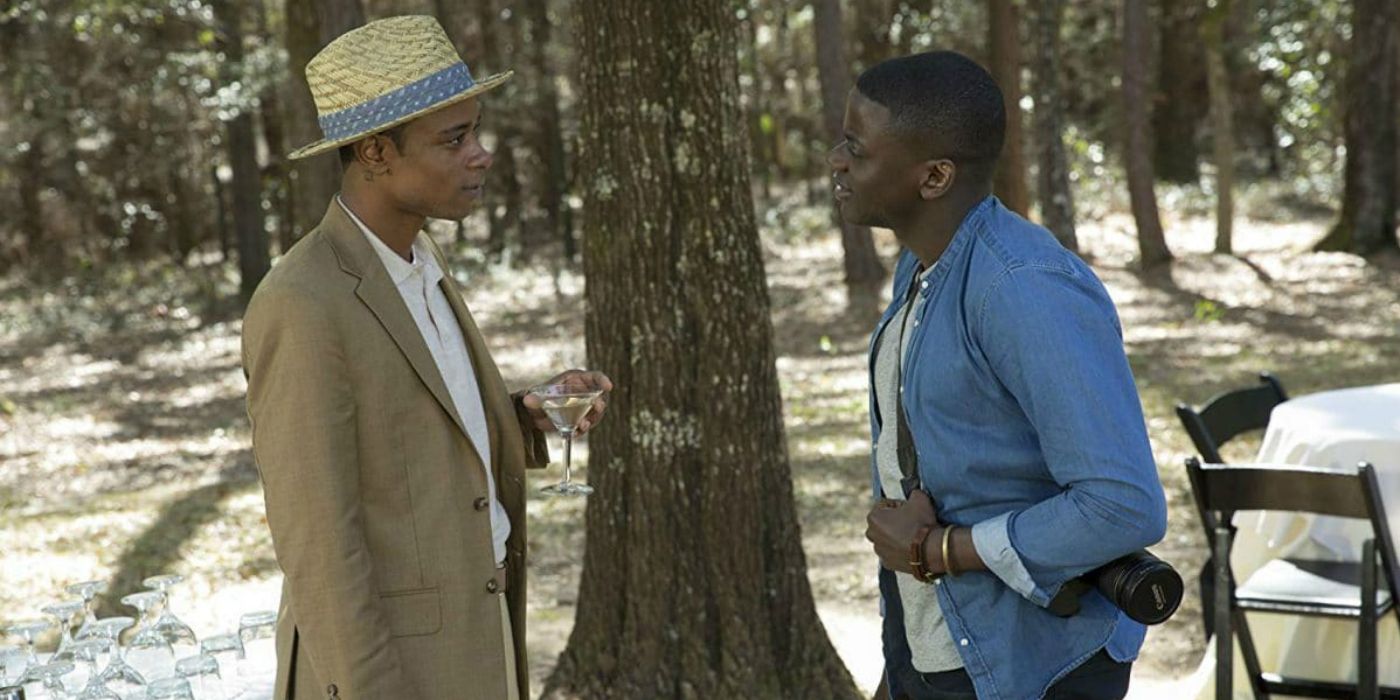
Where other genres tend to be more singularly focused, horror is unique in that it can extend and combine through many spaces, sometimes even simultaneously. For example, the sub-genres for horror are potentially limitless, as fear is the centerpiece of the content itself, and fear is always changing with society and culture. Really, fear has no limits as much of it can be tethered to one’s imagination. Horror also extends into spaces that are already recognized, such as historical drama, comedy, and musicals, and already fits in the drama category by and large. In the past, the categorization of thriller has been tacked to a horror movie just to give it a better chance for critical recognition. This was the case with The Silence of the Lambs in 1992, which has been called a thriller or psychological thriller to lessen the blow. From there, horror fans have developed a term known as “elevated horror” to ascertain a distinct difference between the more art house style horror films and the ones that tend to be seen as lower-brow.
Horror has proven to be successful throughout the years just as much as any genre with its massive hits and misses, but it seems to be consistent in a way that is timeless. For example, franchises like Friday the 13th and A Nightmare on Elm Street likely wouldn’t be eligible for any major awards, but they are a near-guarantee at the box office and have fan support that extends for generations. This sort of loyalty isn’t as present with other genres outside of larger cinematic universes such as Star Wars and Marvel. Technically speaking, horror movies’ cinematography, effects, and acting have all become more polished and fit in the same style as major productions. Ari Aster’s Midsommar wowed audiences with its unique visual appeal and aesthetic that allows it to seem more like art through a horror lens than the gritty, low-budget horror films of eras past, which had their merits, but still weren’t considered up to par.
The Shape of Water showed how excellent horror can be through its romanticized monster movie from Guillermo del Toro that harkened back to the olden days of Universal monsters and took the Academy Award for Best Picture in 2018. Get Out started big discussions culturally about what horror can represent and look like, and became a part of mainstream conversation. Some ceremonies, such as the Golden Globes and the SAG awards have specialized categories for comedy and limited series, where horror has been offloaded in the past, but films like Get Out definitely don’t qualify as a comedy, despite being housed there during its award season. As art continues to evolve, it’s time to leave bad reputations in the past and be open to the heights horror can reach in the future.
